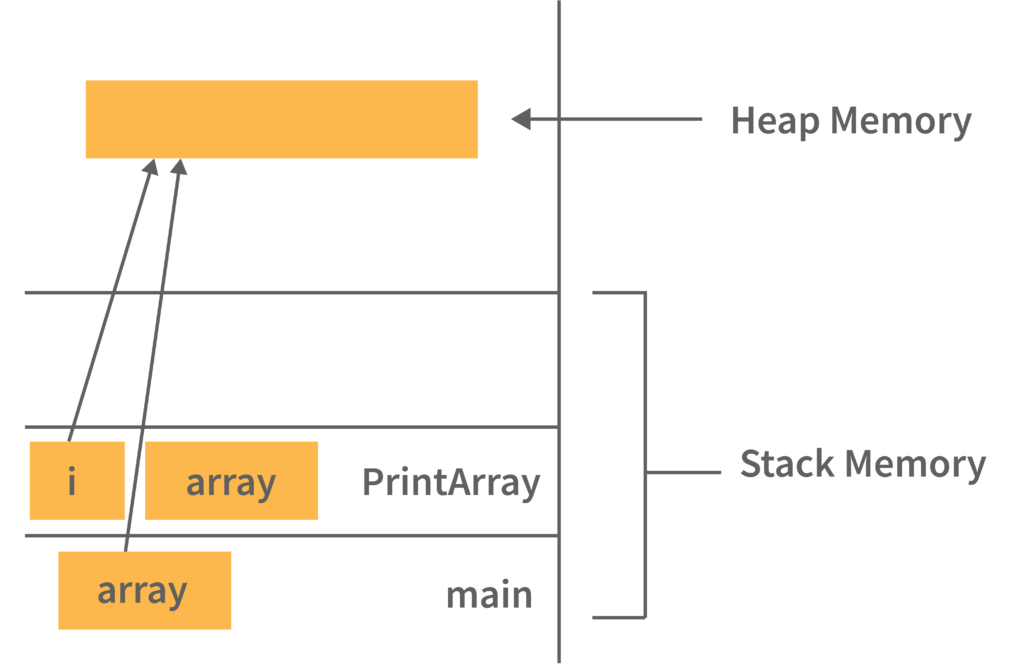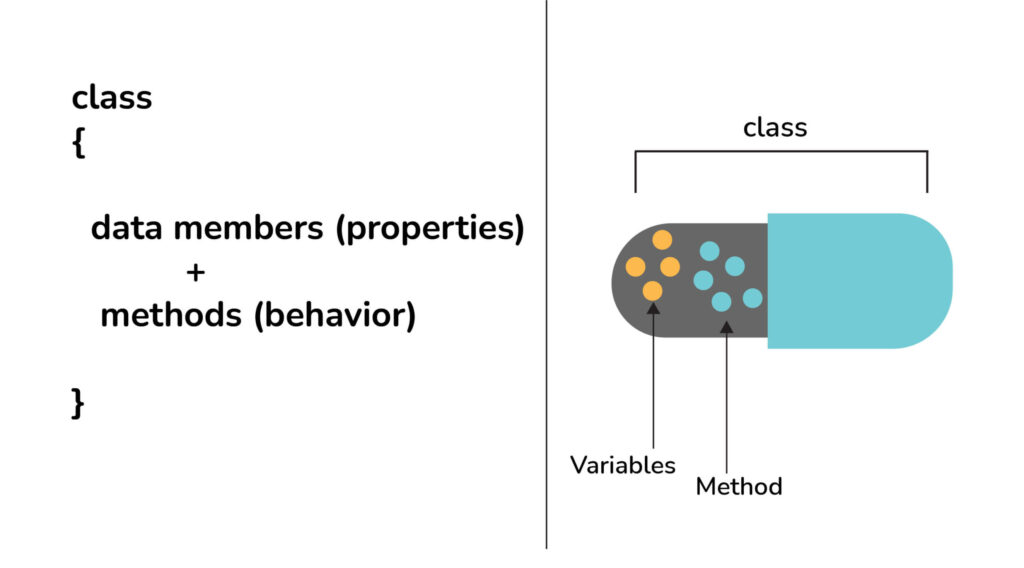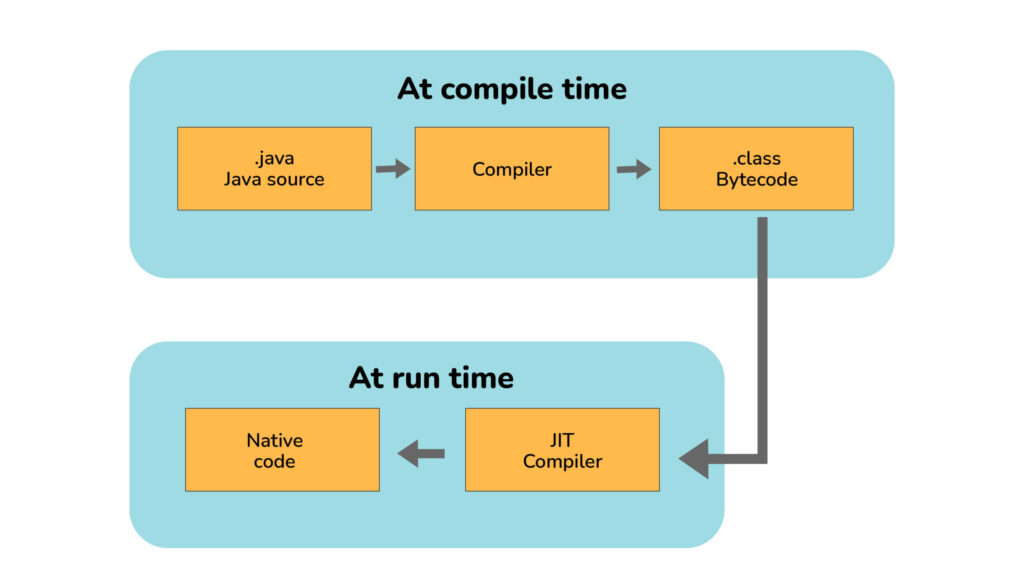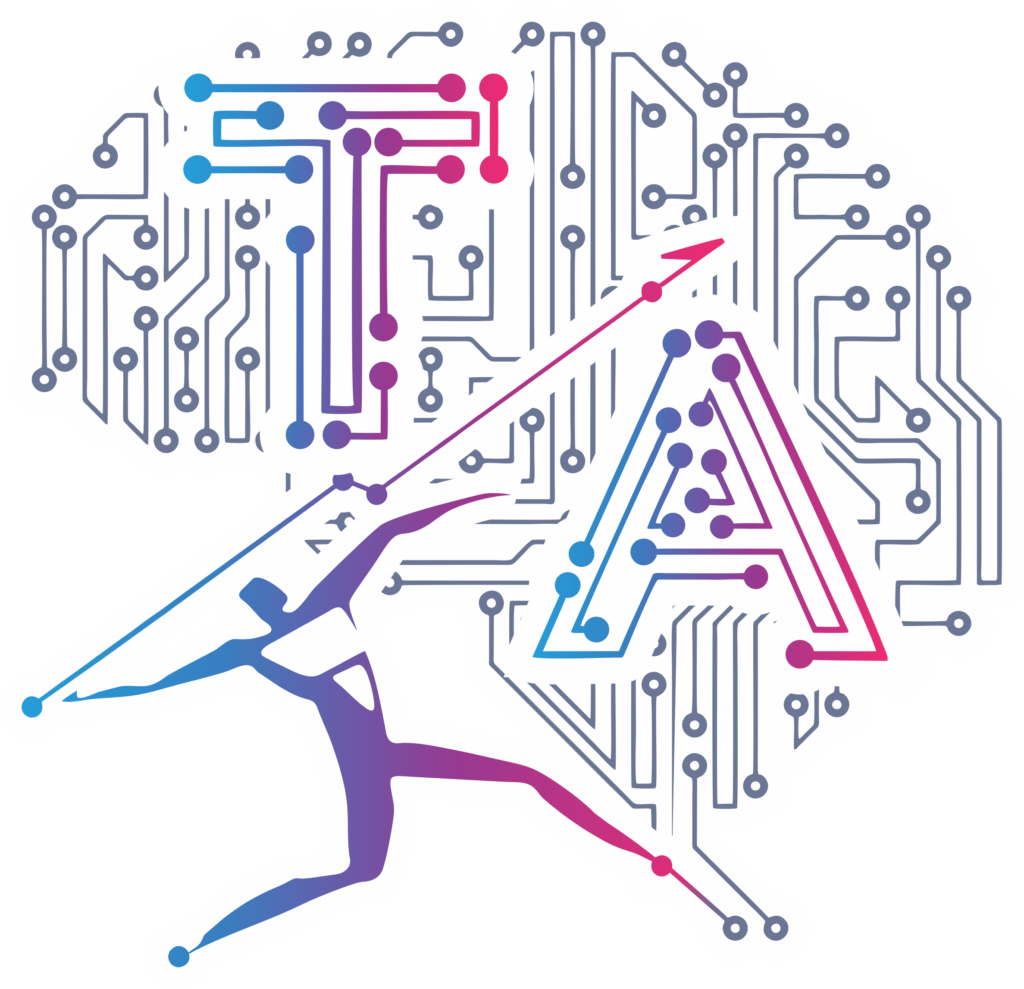Best Java Course in Pune
Welcome to Tech Amplifiers, the leading platform for best Java course in Pune. Our Best Java Training in Pune is designed to provide you with the essential skills and knowledge needed to excel in the world of coding. Whether you’re a beginner or an experienced programmer, our Java course in pune offers a structured and comprehensive learning experience that will help you become proficient in Python. Join us today and unlock the potential of this versatile programming language
Featured Classes
INDUSTRY EXPERT
We have industry expert for your guidance
PRACTICAL ORIENTED
Practical knowledge is very important to understand how things actually work.
INSPIRING CLASSES
May you find great value in these inspirational Class
Featured Classes
-
 Overview
Overview -
 Objective
Objective -
 Benefits for Students
Benefits for Students
At Tech Amplifiers, we take pride in offering the best Java course in Pune, designed to meet industry demands. As a powerful and widely used programming language, Java is essential for aspiring developers looking to build a successful career. Our comprehensive Java training in Pune covers everything from core Java fundamentals to advanced development concepts, ensuring a well-rounded learning experience. Whether you’re searching for Java classes in Pune, Java classes near me, or a flexible Java online course, our expert-led program provides the skills you need to excel in Java development. Enroll today and boost your career with the best Java course in Pune!
The primary objective of our Java course in Pune is to equip students with the knowledge and expertise to become proficient Java programmers. Our comprehensive Java training in Pune covers essential topics such as object-oriented programming, data structures, algorithms, and more. Whether you’re looking for Java classes in Pune, Java classes near me, or a flexible Java online course, our industry-focused curriculum ensures you gain hands-on experience. By the end of the program, you’ll have the skills to design and develop robust Java applications and kickstart a successful career in programming. Enroll today in the best Java course in Pune!
✔ Enhanced Career Prospects – With the rising demand for Java professionals, our Java course in Pune gives you a competitive edge in the job market. Graduates often secure high-paying roles as Java developers, software engineers, and system architects.
✔ Hands-on Learning Experience – Our Java training in Pune emphasizes practical exercises and real-world projects, ensuring you gain hands-on experience in Java application development. This approach boosts confidence and deepens your understanding of Java programming concepts.
✔ Industry-Relevant Curriculum – We regularly update our Java classes in Pune to reflect industry standards and the latest advancements in Java, ensuring you receive up-to-date and job-ready training.
✔ Expert Instructors – Learn from industry professionals with real-world experience. Our expert trainers are dedicated to guiding you, answering queries, and providing insights to help you excel in Java development.
🚀 Join the Best Java Course in Pune Today and Kickstart Your Career!
Java Course
- What is Java?
- History and Features of Java
- Hello Java Program
- Internal How to set the path
- JDK, JRE, and JVM (Java Virtual Machine)
- Operators, Keywords, and
- Control Statements like if-else, switch, For loop, while loop, etc.
- Data types & type Casting
- Naming convention of Java
- Classes, Objects, and Features. It explains how to declare a class, how to create an object in Java.
- Object declaration and initialization
- Anonymous object in Java
- Class and Objects in Java with Realtime Examples
- Variables: Instance, Static, local
- Methods in Java
- Use of method in Java
- Method declaration, method signature
- Types of methods in Java: Instance method, static method
- Calling of method
- Java main method
- Return type in Java
- Method Overloading
– Method Overriding
- What is Static keyword?
- Static variable
- Static method
- Static block, Instance block
- Static Nested Class in Java
- Difference between static variable and instance variable, static method and instance method, static block, and instance block.
- Super keyword
- Calling of superclass instance variable
- Superclass constructor
- Superclass method.
- This keyword
- Calling of current class constructor, and method.
- Final keyword
- Final variable
- Final method
- Final class.
- What is Constructor in Java?
- Types of constructors: Default and Parameterized constructors
- Java constructor overloading
- What is Access modifier?
- Types of access modifiers like private, default, protected, and public
- Inheritance
- Encapsulation
- Polymorphism
- Abstraction
- How to declare package
- Package naming conventions
- Sub packages
- Types of packages such as user-defined packages, built-in packages
- What is Inner class in Java?, Properties of inner class, Instantiating inner class.
- Types of inner class in Java
- FileOutputStream, FileInputStream
- ByteArrayOutputStream, ByteArrayInputStream
- DataOutputStream, DataInputStream
- Java ObjectStream, Java ObjectStreamField
- FileWriter, FileReader
- OutputStreamWriter, InputStreamReader
- What is Collections Framework?
- Hierarchy of Collection Framework
- List
- Set
- Queue
- Deque
- Map
- Exception Handling in Java
- Try-catch block
- Multiple Catch Block
- Nested try block
- Finally block
- Throw Keyword
- Throws Keyword
- Java multithreading
- Thread scheduler
- Calling run() method
- Joining a thread
- Naming a thread
- Thread priority,
- Thread group
- JDBC Drivers
- Steps to connect to Database
- Connectivity with Oracle
- Connectivity with MySQL
- Types of JDBC statements: Statement, Prepared statement, Callable statement
What our Students say
FAQ'S
- Versatility: Used for web, mobile (Android), enterprise, and embedded applications.
- High Demand: One of the most in-demand programming languages in the job market.
- Cross-Platform: Write once, run anywhere with platform independence via JVM.
- Object-Oriented: Great for building modular, scalable, and maintainable software.
- Rich Ecosystem: Extensive libraries, frameworks (Spring, Hibernate), and community support.
- Strong Performance: Optimized for high-performance applications with JIT compilation.
- Career Growth: Many high-paying roles require proficiency in Java.
- Platform Independence: Write once, run anywhere using JVM.
- Object-Oriented: Supports OOP concepts like inheritance, polymorphism.
- Simple: Easy to learn with a clear syntax.
- Secure: Built-in security features and bytecode verification.
- Robust: Automatic memory management and strong exception handling.
- Multithreading: Supports concurrent thread execution for better performance.
- High Performance: Uses JIT compiler for faster execution.
- Distributed Computing: Supports networked applications and remote invocations.
- Rich API: Includes libraries for networking, databases, and more.
- Community Support: Large developer community and open-source tools.
- High Demand for Java Developers – Learn Java to unlock job opportunities in top companies.
- Comprehensive Curriculum – Gain expertise in core Java concepts and advanced topics.
- Hands-on Training – Build real-world applications to gain practical experience.
- Industry-Ready Skills – Stay updated with the latest Java trends and technologies.
- Career Growth – Secure roles like Java Developer, Software Engineer, or System Architect.
Learn the Basics of Java: Start with core concepts like variables, data types, operators, control flow, and loops. Consider enrolling in a Java course in Pune to get structured learning.
Master Object-Oriented Programming (OOP): Understand the four pillars of OOP—encapsulation, inheritance, polymorphism, and abstraction—which are essential for Java programming.
Practice Coding: Write simple Java programs to apply what you’ve learned. Focus on problem-solving and coding challenges to build your confidence.
Understand Data Structures and Algorithms: Learn important data structures like arrays, lists, stacks, queues, and algorithms like sorting and searching. This is crucial for developing efficient Java applications.
Work on Real-World Projects: Build applications to gain hands-on experience. Start with small projects like a to-do list or a simple calculator, and gradually move to more complex applications.
Learn Java Frameworks and Libraries: Explore popular frameworks like Spring and Hibernate to enhance your development skills and increase your job prospects.
Join a Java Course: Consider enrolling in a Java training in Pune to learn from experts, stay updated with the latest trends, and get guidance on improving your skills.
Keep Practicing and Stay Updated: Java evolves regularly, so keep learning new features, libraries, and best practices to stay relevant in the field.
Java Interview Questions for Freshers
- What is Angular?
- Why is Java not a pure object oriented language?
- Difference between Heap and Stack Memory in java. And how java utilizes this.
- Can java be said to be the complete object-oriented programming language?
- How is Java different from C++?
- Pointers are used in C/ C++. Why does Java not make use of pointers?
- What do you understand by an instance variable and a local variable?
- What are the default values assigned to variables and instances in java?
- What do you mean by data encapsulation?
- Tell us something about JIT compiler.
1. Why is Java a Platform-Independent Language?
Java is designed to be platform-independent, meaning it doesn’t rely on any specific hardware or software. The Java compiler converts the source code into bytecode, which can run on any system that has a Java Runtime Environment (JRE) installed. This ensures cross-platform compatibility.
➡ Learn more about Java’s platform independence on W3Schools.
2. Why is Java not a pure object oriented language?
Java is not a purely object-oriented language because it supports primitive data types like int, float, char, boolean, etc. A purely object-oriented language should only use objects, but Java includes these primitive types for better performance.
➡ Understand Object-Oriented Programming (OOP) in Java on GeeksforGeeks.
3. Difference between Heap and Stack Memory in java. And how java utilizes this.
Stack memory is the portion of memory that was assigned to every individual program. And it was fixed. On the other hand, Heap memory is the portion that was not allocated to the java program but it will be available for use by the java program when it is required, mostly during the runtime of the program.
Java Utilizes this memory as –
- When we write a java program then all the variables, methods, etc are stored in the stack memory.
- And when we create any object in the java program then that object was created in the heap memory. And it was referenced from the stack memory.
Example- Consider the below java program:
class Main {
public void printArray(int[] array){
for(int i : array)
System.out.println(i);
}
public static void main(String args[]) {
int[] array = new int[10];
printArray(array);
}
}For this java program. The stack and heap memory occupied by java is –

Main and Print Array is the method that will be available in the stack area and as well as the variables declared that will also be in the stack area.
And the Object (Integer Array of size 10) we have created, will be available in the Heap area because that space will be allocated to the program during runtime.
4. Can java be said to be the complete object-oriented programming language?
Java is not completely object-oriented since it supports primitive data types. However, since everything in Java is defined within classes, it still follows OOP principles.
➡ Dive deeper into Java’s Object-Oriented Features on JavaTPoint.
5. How is Java different from C++?
- C++ is only a compiled language, whereas Java is compiled as well as an interpreted language.
- Java programs are machine-independent whereas a c++ program can run only in the machine in which it is compiled.
- C++ allows users to use pointers in the program. Whereas java doesn’t allow it. Java internally uses pointers.
- C++ supports the concept of Multiple inheritances whereas Java doesn’t support this. And it is due to avoiding the complexity of name ambiguity that causes the diamond problem.
- ➡ Compare Java and C++ in-depth on GeeksforGeeks.
6. Pointers are used in C/ C++. Why does Java not make use of pointers?
Java eliminates pointers for security and simplicity. Pointers allow direct memory access, which can lead to memory leaks and security vulnerabilities. Instead, Java uses references, making it safer and easier to manage memory.
➡ Read more about Java’s security features on Oracle’s Official Java Docs.
7. What do you understand by an instance variable and a local variable?
Instance variables are those variables that are accessible by all the methods in the class. They are declared outside the methods and inside the class. These variables describe the properties of an object and remain bound to it at any cost.
All the objects of the class will have their copy of the variables for utilization. If any modification is done on these variables, then only that instance will be impacted by it, and all other class instances continue to remain unaffected.
Example:
class Athlete {
public String athleteName;
public double athleteSpeed;
public int athleteAge;
}Local variables are those variables present within a block, function, or constructor and can be accessed only inside them. The utilization of the variable is restricted to the block scope. Whenever a local variable is declared inside a method, the other class methods don’t have any knowledge about the local variable.
Example:
public void athlete() {
String athleteName;
double athleteSpeed;
int athleteAge;
}
8. What are the default values assigned to variables and instances in java?
- Java does not assign default values to local variables (compilation error if uninitialized).
- Instance variables get default values based on their type:
- Numeric (int, float, double) →
0 - Boolean →
false - Reference Types (Objects, Arrays) →
null
- Numeric (int, float, double) →
9. What do you mean by data encapsulation?
- Data Encapsulation is an Object-Oriented Programming concept of hiding the data attributes and their behaviours in a single unit.
- It helps developers to follow modularity while developing software by ensuring that each object is independent of other objects by having its own methods, attributes, and functionalities.
- It is used for the security of the private properties of an object and hence serves the purpose of data hiding.

10. Tell us something about JIT compiler.
- JIT stands for Just-In-Time and it is used for improving the performance during run time. It does the task of compiling parts of byte code having similar functionality at the same time thereby reducing the amount of compilation time for the code to run.
- The compiler is nothing but a translator of source code to machine-executable code. But what is special about the JIT compiler? Let us see how it works:
- First, the Java source code (.java) conversion to byte code (.class) occurs with the help of the javac compiler.
- Then, the .class files are loaded at run time by JVM and with the help of an interpreter, these are converted to machine understandable code.
- JIT compiler is a part of JVM. When the JIT compiler is enabled, the JVM analyzes the method calls in the .class files and compiles them to get more efficient and native code. It also ensures that the prioritized method calls are optimized.
- Once the above step is done, the JVM executes the optimized code directly instead of interpreting the code again. This increases the performance and speed of the execution.

Java Course in Pune – Boost Your Programming Skills
Java is one of the most widely used and versatile programming languages in the world. Known for its portability, scalability, and robustness, Java is the language of choice for building everything from mobile apps to large-scale enterprise systems. Whether you’re a beginner or an experienced developer, learning Java can open doors to numerous career opportunities.
If you’re looking for Java classes in Pune, look no further. At Tech Amplifiers, we offer comprehensive Java training in Pune that will equip you with the skills needed to excel in the field of software development. Additionally, we provide Java online courses for those who prefer the flexibility of learning from anywhere.
Why Learn Java?
Java offers a range of benefits for programmers, including:
- Platform Independence: With Java, you can write code once and run it anywhere, thanks to the Java Virtual Machine (JVM).
- Object-Oriented Programming: Java is an object-oriented language, making it easier to manage complex software systems.
- Rich API: Java’s extensive libraries and APIs help developers create high-performance applications quickly.
- Career Opportunities: Java developers are in high demand in various industries, including finance, healthcare, and technology.
Unlock Java’s Potential – What You’ll Learn
When you enroll in our Java training in Pune, you’ll cover all the essential topics to build a strong foundation in Java programming, including:
- Core Java Concepts: Understand the fundamentals of Java, including variables, data types, and operators.
- OOP Principles: Learn how to apply object-oriented programming principles like inheritance, polymorphism, and encapsulation.
- Exception Handling: Master techniques for managing errors and exceptions in Java applications.
- Java Collections Framework: Get hands-on experience with lists, sets, maps, and other data structures.
- Multi-Threading: Learn how to write concurrent programs in Java to maximize performance.
Java Classes Near You – Convenient Learning Options
Whether you’re searching for Java classes near me or an online course, Tech Amplifiers offers flexible learning solutions tailored to your needs. Our Java course in Pune allows you to join live sessions, attend in-person classes, or access recorded lessons if you’re unable to attend live sessions. Our trainers are industry experts with years of experience, ensuring that you receive the highest quality instruction.
Why Choose Tech Amplifiers for Java Training in Pune?
- Expert Trainers: Learn from professionals who have extensive real-world experience in Java development.
- Hands-on Practice: We believe in learning by doing. Our course includes projects and exercises that help you apply your knowledge to real-world scenarios.
- Industry-Relevant Curriculum: Our Java training in Pune covers the latest tools, frameworks, and technologies used in the industry.
- Job Assistance: We provide career support and guidance to help you land your first job as a Java developer.
Enroll Now and Advance Your Career
Join our Java course in Pune today and take the first step toward becoming a certified Java developer. Whether you’re looking to enhance your current skill set or start a new career, our Java training in Pune will equip you with the knowledge and experience you need to succeed.
Don’t miss out on this opportunity to enhance your skills and open doors to high-value career opportunities. Enroll now and start your journey toward mastering Java!
Contact Tech Amplifiers today and get ready to advance your career with the best Java training in Pune.
Explore Our Training Programs
Looking to upskill? Check out these industry-leading courses:
- Best Python Course in Pune – Master the Art of Python Programming
- Best Angular Course in Pune – Become an expert in Angular and build dynamic web applications.
- Best React Course in Pune – Master the art of building dynamic user interfaces with React.
- Best IoT Course in Pune – Dive into the Internet of Things and learn how to connect the world.
- Best AI & ML Course in Pune – Explore Artificial Intelligence and Machine Learning like a pro.
- Best AWS Course in Pune – Unlock the potential of Amazon Web Services for cloud computing.
- Best Cyber Security Course in Pune – Learn how to secure digital environments and safeguard data.





